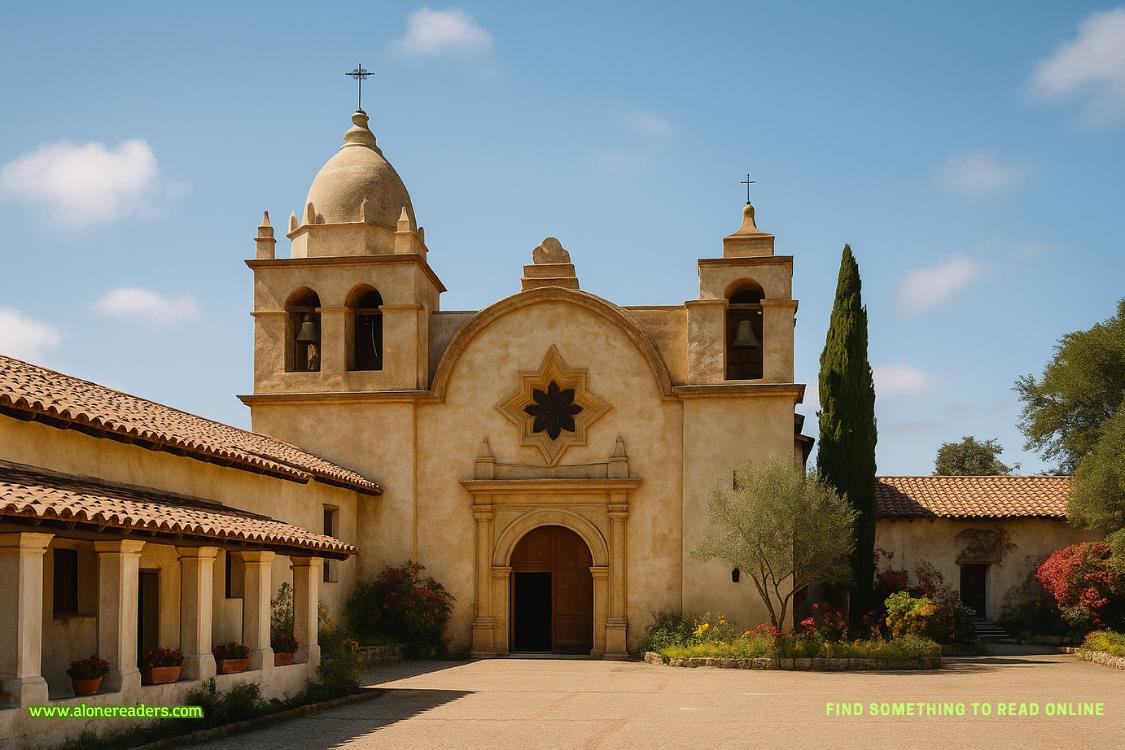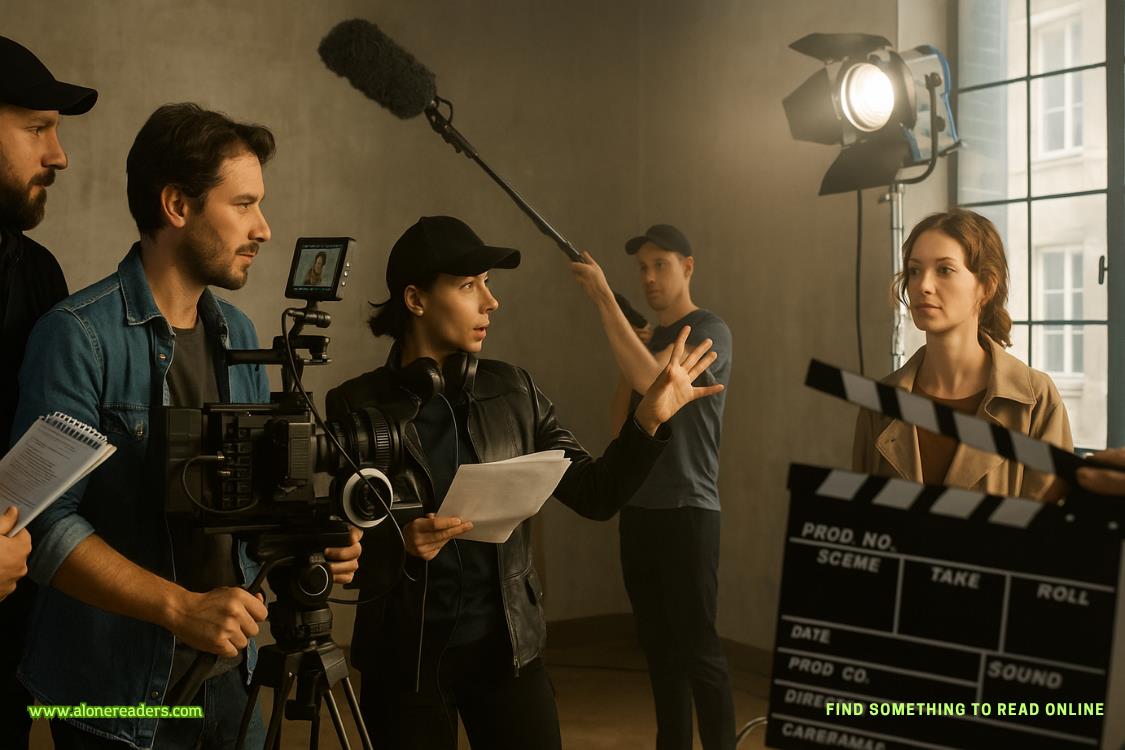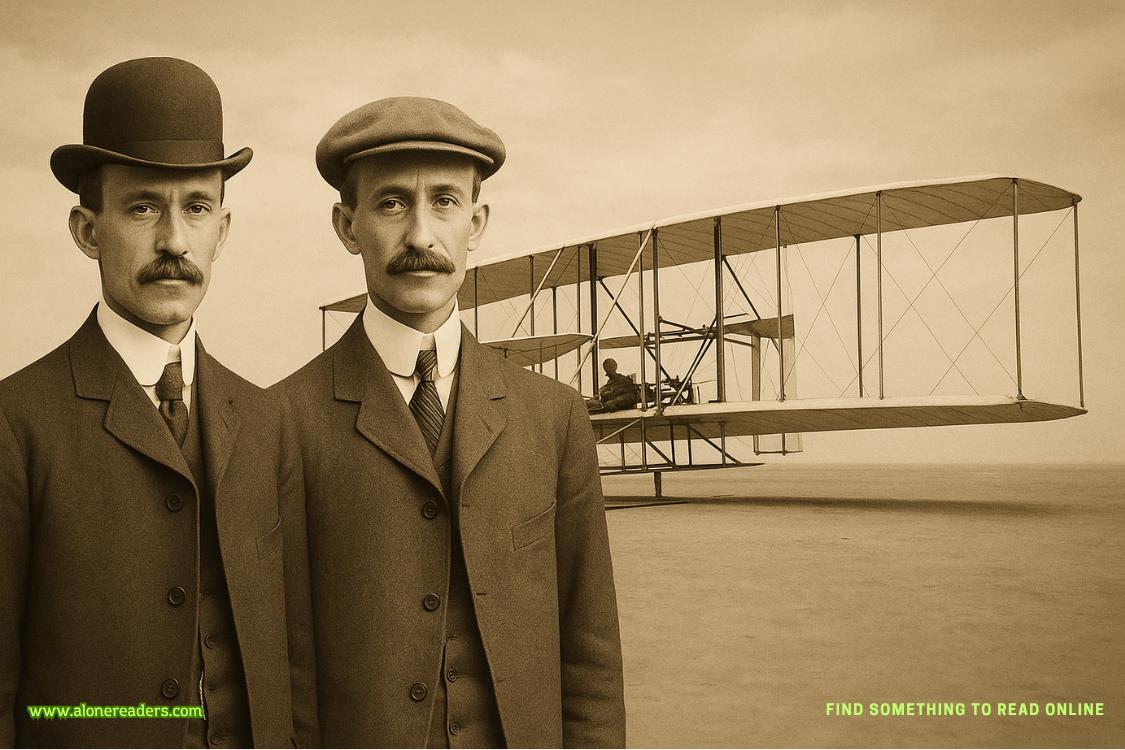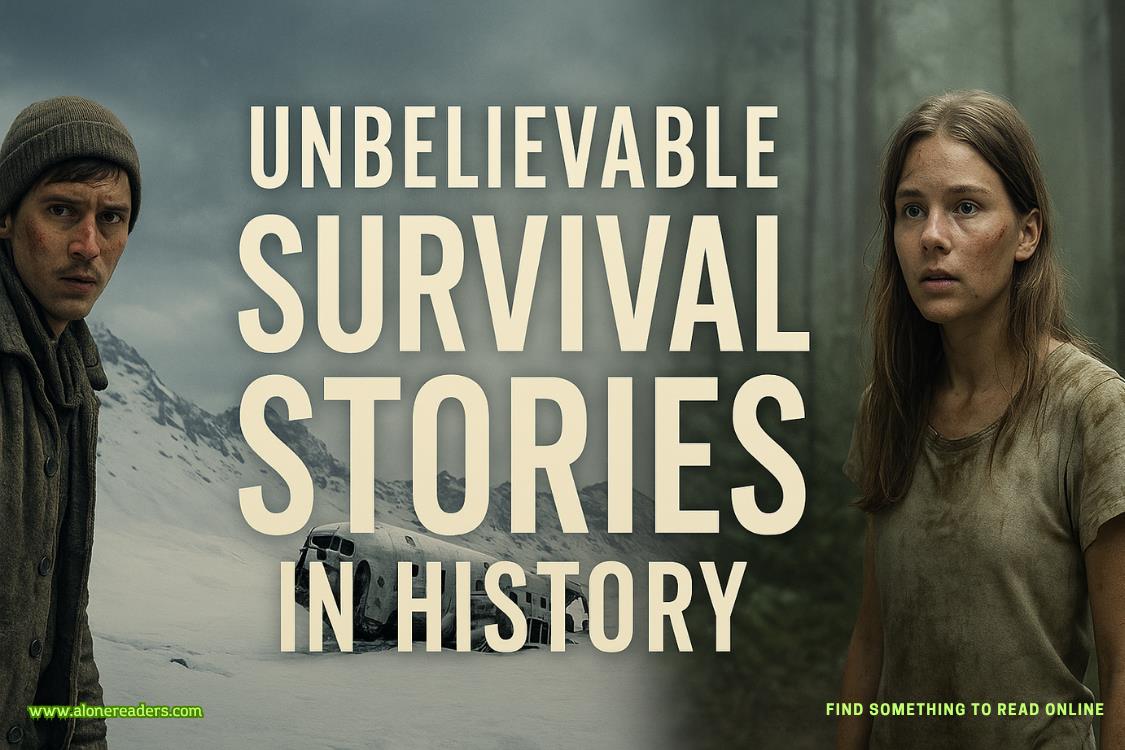But that’s the problem. There’s no guarantee that I will fit, and I’m still too shattered to handle being rejected again. Especially by someone who is such a big part of my life. Losing Grey would hurt worse than losing Gus, because Gus wasn’t a long-time fixture.
I need to shut down whatever has been changing between us, get back to the way things used to be. The teasing, the banter, the arguments that usually ended in laughter. That was easy, familiar.
Thisisn’t, and I’m not ready for change.
I reach for the plastic bag, taking it with me as I round the counter, putting three feet of butcher block between us. “Thanks for the books,” I say.
But I know I won’t use them. I’m not in a place where I can open myself up to failure, to not being enough. I’ll put them on the bookshelf in my apartment, and maybe, one day when I’m better, I’ll give this dream a chance. But I can’t now. I’m too broken.
Sweat is beading onevery inch of my skin, and I’m covered in dirt and grime, baking in the sun. On top of a roof. In July.
I offered to clean my parents’ rain gutters in May, and they said they’d take me up on it. I didn’t realize it would benow, in the middle of summer, when it feels like I’m vacationing in Satan’s butthole and my mind is a mess with thoughts of Finley and whatever happened in her shop.
She hugged me. And held on. And I didn’t know how to act. Not when I finally had her right where I wanted her. For all my arguing that I’m not some kind of ladies’ man, playboy type, I usually am good with women. I match energy. I can be charming and easygoing, sensitive and soft, fun and a good time. I can be what I need to be to make women happy.
But she’s always seemed to see right past that, to a piece of me I keep guarded. Today, it felt like she kicked her way into that chamber, set her bags down, and planned to stay. And I mentally panicked. Shut down. Just existed with her and didn’t try to win her over.
But then Gus and Eloise showed up, and everything changed. She went from soft and vulnerable to closed-off and upset. And even though we both knew she was lying, she wouldn’t open up to me. I tried to be what she needed, to shapeshift myself into whatever version would make her feel safe to tell me what was in her head, but I watched her steel herself against me. So I left.
And I climbed up a ladder to the top of a roof and baked here in the sun, replaying every second of the morning in my head until I felt dizzy.
The slam of the screen door below jars me out of my thoughts. A minute later, my mom’s frizzy salt-and-pepper bob appears. “Grey, I made lunch.”
I swipe my sweaty forearm over my equally sweaty forehead, managing to smear more sweat and grime over both, and stare down at her. I got basically all my looks from my dad, who is an oversized man with medium brown hair and dimples that appear on the rare occasion that he smiles, but I got my light blue eyes from my mom. Even from up here on the ladder, her hand resting over her eyes to block out the run, I can see the unusual color, the one countless women have commented on in my life, like having strange eyes is something I accomplished rather than inherited.
I have no desire to go inside and eat lunch with my mom while Dad takes his into the den, where he will eat the lunch Mom made without even a thank-you. It will be quiet and stilted and awkward, but I know there’s no getting out of it. Letting out a heavy sigh, I climb down the ladder. Mom has already disappeared back inside by the time I’m down.
There aren’t many housing developments in Fontana Ridge. Back in the early nineties, a couple of builders thought the town would be the next fast-growing suburb in the area and bought up land to build on. The cookie-cutter homes didn’t sell well, since most of the town residents preferred their old, historichomes over the cheaply built newer ones, and people from the surrounding areas had no desire to move to our little town when the bigger suburbs already had everything everyone could want, whereas Fontana Ridge only had small, family-owned operations.
My parents were one of the families to buy a split-level beige home in Fontana Ridge and make the move from two towns over. They never loved Fontana Ridge like their old suburb. They didn’t like that everything at the market cost more than at Walmart twenty minutes down the road and that they had to drive out of town to get fast food. They wanted anonymity, not the community Fontana Ridge offered.
They’ve never been happy here. They’ve never been happy in general.
This house has always been too quiet, too fraught with tense silences.
It smells like cheap waxy candles and Lysol. There’s a peeling off-white reclining leather couch in the living room and two matching recliners beside it, although my parents never sit in them at the same time. Mom’s mystery novels are on the coffee table, her reading glasses stacked atop them. Dad’s TV is always on in the den, playing A&E reality shows or conspiracy theory documentaries.
I feel just as out of place here as I did every day of my childhood.
My mom is in the kitchen, ripping open a bag of chips to go with the sandwiches she made. Dad is there too, plating his sandwich. He claps me on the back with the force that most men of his generation use, meaning enough to move my entire frame.
“Hey, son.” It feels so different from the way Charlie says it, and guilt pricks at me for the thought. My parents aren’t bad people. They donate to charity, and Dad mows the grass for their elderly neighbor free of charge. Mom volunteers at the library.They have just never loved each other. And I think I inherited all the qualities they dislike in each other.
Dad’s charm, his ability to talk to anyone and everyone, drives my introverted, shy mother crazy. Mom is chaotic disorganization, which means she constantly forgets items at the grocery store and to get her oil changed, a character flaw Dad cannot wrap his head around. And then there are the ideas they had for me. Dad hoped I’d love football the way he did, but I never had any interest in playing, and he’s never forgiven me for becoming a firefighter instead of working at his garage or starting my own business. Mom thought we could read together, but I haven’t finished a book since my required reading in high school, and even then, I usually checked out the CliffsNotes from the library.
My family has never fit together the way so many others do, and we all know it.
“Hey, Dad,” I say, clearing my thoughts, pasting a smile on my face.
“You’re a good kid for helping with the gutters.” It’s as close to a thank-you as I’ll ever get from him. And I know he is appreciative, since his bad shoulder makes jobs like this difficult.
“No problem,” I say, and I mean it. As much as I dread coming here to do things or spend time with them, I like being able to help. They sacrificed their dreams for years so I could grow up in a nuclear family unit, and although I think everyone would have been happier if they had just divorced or never married, I recognize and appreciate what they were trying to do. Their best.
In the den, the TV switches from overly loud commercials back to whatever show Dad is watching, and he excuses himself, shuffling quickly out of the kitchen, leaving Mom and me alone.
“Want to eat outside?” I ask. I used to love sitting out on the deck when I was a kid, listening to the crickets and birds, feeling the sun and wind on my skin.
Mom shakes her head, wrinkling her nose. “You know my allergies are too bad for that.”















